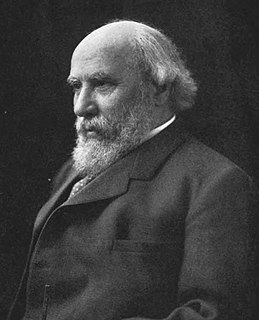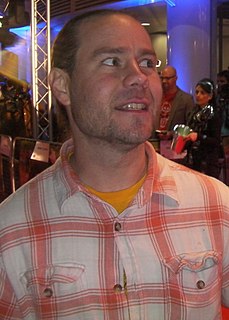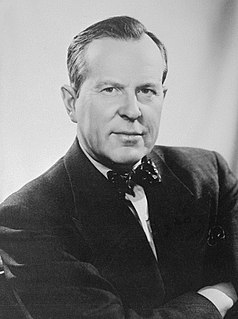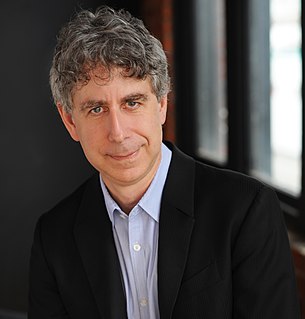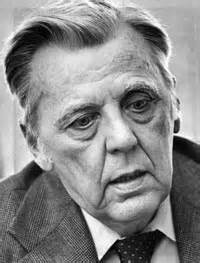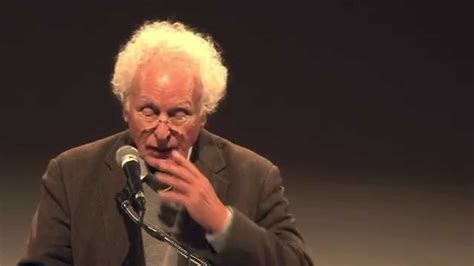A Quote by Howard Scott
A criminal is a person with predatory instincts without sufficient capital to form a corporation.
Quote Topics
Related Quotes
A criminal is a person with predatory instincts who has not sufficient capital to form a corporation.Most government is by the rich for the rich. Government comprises a large part of the organized injustice in any society, ancient or modern.Civil government, insofar as it is instituted for the security of property, is in reality instituted for the defence of the rich against the poor, and for the defence of those who have property against those who have none.
In existing criminology there are concepts: a criminal man, a criminal profession, a criminal society, a criminal sect, and a criminal tribe, but there is no concept of a criminal state, or a criminal government, or criminal legislation. Consequently what is often regarded as "political" activity is in fact a criminal activity.
Capital movements are no longer necessarily related to the production of goods and services. Through the financial markets of the world, capital movements today are overwhelmingly concerned with the capture of and trade in property rights, the ownership of assets that magnify a corporation's wealth, power, and control. It is what John Maynard Keynes described as "a casino world"-wealth without worth.
All employees are obliged to act in concert, to behave in accordance with corporate form and corporate law. If someone attempted to revolt against these teets, it would only result in the corporation throwing the person out, and replacing that person with another who would act according to the rules. Form determines content: Corporations are machines.
The most absurd apology for authority and law is that they serve to diminish crime. Aside from the fact that the State is itself the greatest criminal, breaking every written and natural law, stealing in the form of taxes, killing in the form of war and capital punishment, it has come to an absolute standstill in coping with crime. It has failed utterly to destroy or even minimize the horrible scourge of its own creation.


